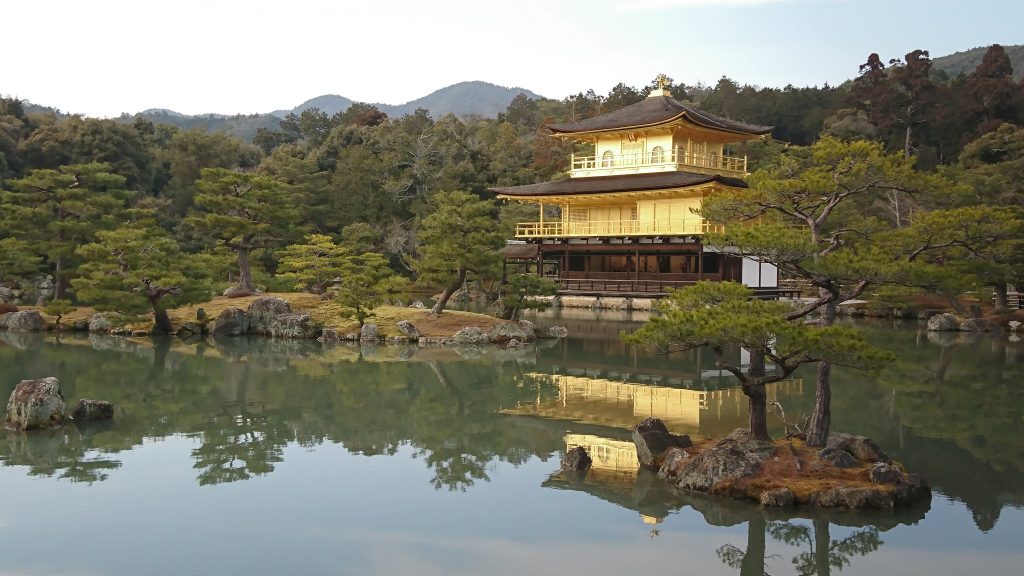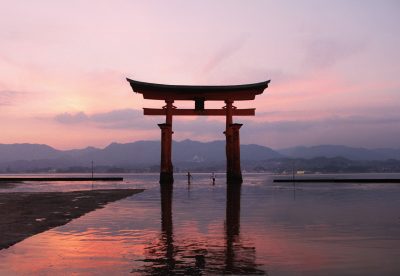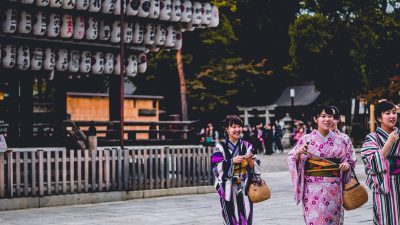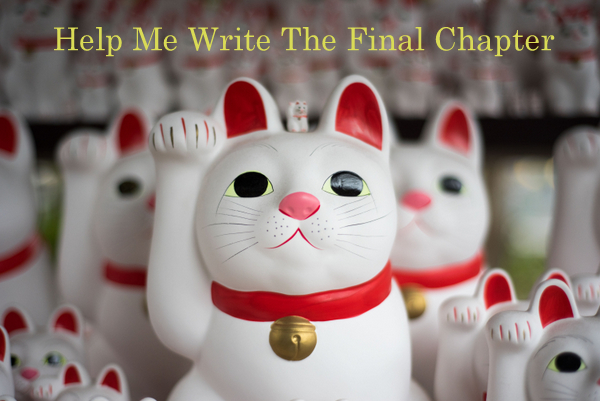
Is Japan a Religious Country?
Let’s start with yes. An estimated 80,000 + Shinto shrines exist in Japan not to mention Buddhist temples. For comparison purposes churches in the UK number around 37,000.
“I see that in every way you are very religious”
Words uttered by St. Paul as he looked at the city of Athens. What would he have thought of Japan? After all many Japanese houses contain “Kamidana” or “kami-shelves” – mini altars designed to house a Shinto kami or god. In 2009 a survey showed 43% of Japanese homes had one.
This is a quite impressive public display of religiosity. Add to this the fact that some households also contain an additional “Butsudan” (Buddhist Altar) and the figures increase. But why would a Japanese household contain both a shrine and an altar?
When the Agency for Cultural Affairs asked the people of Japan in 2006 which of them belonged to religious groups an overwhelming 209 million people replied in the affirmative! Now, this is where it gets tricky. The numbers were equivalent to twice the Japanese population at that time.

An Inherent contradiction?
Not so for the Japanese. Most people don’t see themselves as adherents to a single religion and although the official amalgamation of Buddhism & Shinto known as 神仏習合 (Shinbutsu Shugo) ended in 1886 it still continues in practice.
Even aspects of Christianity have been gathered into the mix. While Easter remains an enigma the Japanese celebrate Christmas, Valentine’s Day and even the non-Christian Halloween. But little concern and even less thought is given to the origins and meaning of these events. Certainly on a commercial level they can be deemed a success. On Christmas Day the nationwide tradition of tucking down to a chicken bucket from KFC in place of a turkey dinner is a prime example.
Japanese can be born in accordance with Shinto rites, married in a Christian church and buried by Buddhist rites.

But does that make Japan religious?
It certainly stands in stark contrast to, for example, the Roman Catholic church’s claim to be the only true church. Discussion of doctrine or of waging war on sin is non-existent. Japan’s relationship with its gods seems to be superficial. More a case of the gods serving the people’s needs than the other way around.
So is Japan in fact a predominantly atheist country?
Let’s start with yes.
Very few Japanese people believe the Shinto gods of Japan’s national religion are real and divine. However they do outwardly worship them by participating in annual events & ceremonies. The majority have never even questioned that as being odd.
Religion is practiced freely in Japan but other restrictions apply- public schools are not allowed to teach religion by law. In another poll one-third of Japanese people described themselves as “convinced atheists”. Which argument does this actually back up? For or against the Japanese being religious?
History of religion in Japan
China has long had a leavening effect on religious thought in Japan and shared the Japanese concept of ancestor worship. The Nihongi completed in 720 AD is a document which chronicles Japanese traditions and even helped give Japan its name “Nippon”. In every other aspect of its composition however it takes the form of a Chinese history.
Acknowledged as mythology it has been used to trace the lineage of the Japanese imperial family back to the sun goddess Amaterasu. But as a myth it has proven hard to counter and has surprisingly stood the test of time and can still be considered a Shinto text of sorts.
Buddhism
Introduced to Japan around 552 Buddhism slowly gained ascendancy and gained widespread influence by the 9th century. In the 9th century, Kukai, founder of the Shingon sect adapted Buddhist doctrines to the existing ideas of ancestor worship and the Shinto kami (gods) were explained away as incarnations of Buddha- and so began what is now referred to as Shingon syncretism. A co-joining of aspects of all belief systems prevalent at the time.
Tourists who wish to delve further into this should visit Mt. Koya in the Wakayama Prefecture where Kukai build his temple in a then hidden valley. The official de-coupling of the religions in the 18th century was however not a clean break.

Confused?
So where does Confucianism fit into all of this. Promoted as an official ideology under the Tokugawa regime in the 17th century the Confucian code of moral ethics had long before then influenced the Japanese mind – and some would argue even until the present day. Edwin Reischauer, a Harvard Professor in Japanese studies contends that Confucianism probably has more influence on the Japanese today than any of the traditional religions or philosophies. I must mention however that I have never met or heard of a Japanese person claiming to be Confucian.
The Tokugawa were obsessed with edicts, decrees and prohibitions and Japan was governed by shame which ensured loyalty. As such a huge focus was placed on loyalty to one’s group. That rings a bell.
It’s certainly true that even today the Japanese group-consciousness excludes the outsider to a great degree. There is no provision for the outsider who can be easily ignored- the plight of Tokyo’s homeless comes to mind.
But it’s hard to be sure about anything. After all the Japanese are also naturally hospitable and kind to those they meet. Japan has shown itself to be susceptible to foreign influence over the centuries. Shinto, Confucianism and Buddhism have been mixing for over a thousand years. So what is the truth?
The Holy Trinity
One scholar has suggested that the Japanese are at once a Shinto, Confucian and Buddhists. Shinto provides the sacred objects, Confucianism the rules and Buddhism the way of salvation. But is that religion or confusion?
Shinto Revival
Despite the old Shinto religion being revived in the 18th century and the focus put back on emperor worship how can anyone be sure what was revived? If the concept of Japanese religion is based on race and national patriotism alone does that even make it a religion? Perhaps it is a case once more of the gods serving the needs of men rather than the other way round.
My only suggestion to you is you do what I do and ask your Japanese friends. I am pretty sure you won’t be able to provide a closing summary of the above but if you can by all means. Just do me a favour and capture their reaction on your Mobal SIM and post it here 😉


